 1.jpg)
18 December 2020 - 09:04 BY Louw
How To Keep The Audience Engaged: Tool To Help You
When performing on stage, you just know when an audience is engaged or not. Even when you sit in a cinema, you feel it. Sometimes you don’t feel it and they do. If they like it or not is beside the point, the question for any actor is… can you keep them engaged?
I have found that making sure an audience stays engaged during a performance, stage or camera, you can only do 50% of the work. They need to do the rest. But what do you do with your 50%? How do you keep an audience engaged and entertained and still be truthful?
Tool to try:
I read a book called True and False (heresy and common sense for the actor) by David Mamet. Brilliant book. It’s practical and entertaining. He mentions the following when it comes to the audience and your performance:
“The audience only perceives what the other actor wants to do to the other actor. If the speaker wants to do nothing to or about the other actor but wants only to interpret text, the audience loses interest. Learn the lines, find a simple objective indicated by the writer (Bottom-Line Technique). It doesn’t matter HOW you say the lines. What matters is what you MEAN.”
We all know what it means to truly have an objective. To get him or her into bed, to get the job, to get out of mowing the lawn, to borrow the family car. We know what we want and we know whether we are getting closer to getting it or not, and we alter our plans accordingly. THIS IS WHAT MAKES A PERSON WITH AN OBJECTIVE ALIVE - they have to take their attention off themselves and put it on the person they want something from.
“Each character in the play wants something. It is the actor’s job to reduce that something to it’s lowest common denominator and then act upon it. Hamlet wants to find out what is rotten in the state of Denmark. An actor might reason, ‘Oh, I get it - Hamlet is trying to restore order.’ Scene by scene the tools necessary to restore order might be: to interrogate, to confront, to negotiate, to review... you get the idea. All of the above are simple physical actable objectives. They do not require preparation, they require commitment - and it is this commitment which the rehearsal process is supposed to rehearse.”
Find your want, your need, your Bottom-Line. Get something from the other actor. THIS engages the audience. When you lose the urgency to get what you want, the audience probably will too. Every move you make and every line you say is alive and fueled with energy; you say and do with a purpose, with a WHY behind it.
Try this tool: Taking the attention of yourself and putting it on the other person you want your NEED/WANT/Bottom-Line from.
People may or may not say what they mean... but they always say something designed to get what they want. - David Mamet
How did you find the technique/tool? Did it work for you? What was different this time? Share with the tribe and let’s keep on creating beautiful, honest and memorable performances. Let’s execute our best selves!
Kind regards,
Edwin and NovieGuide
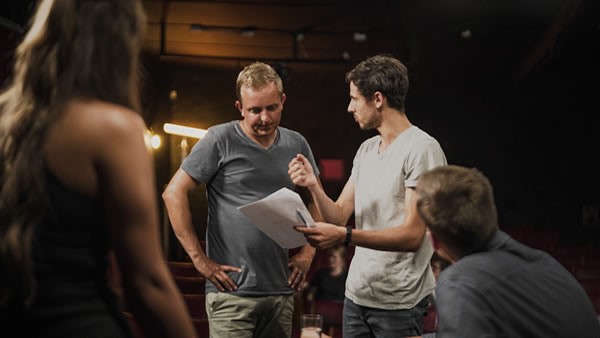
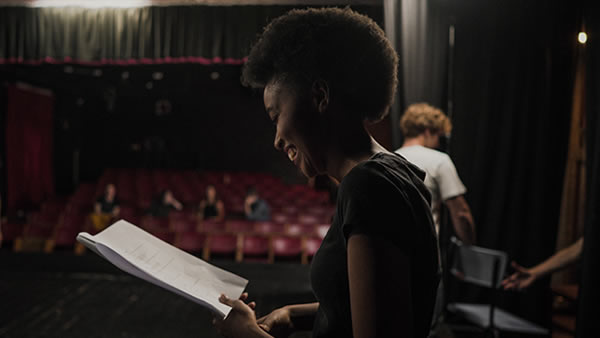

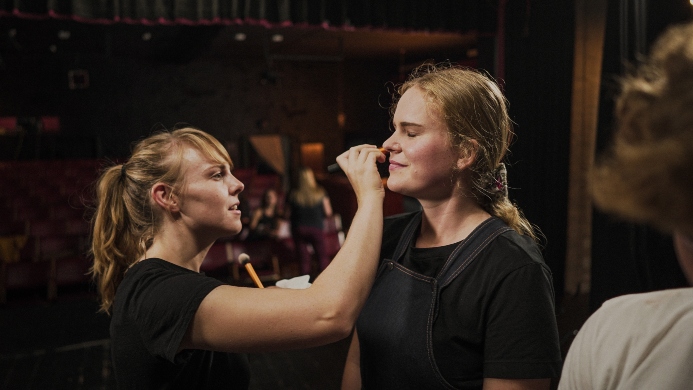
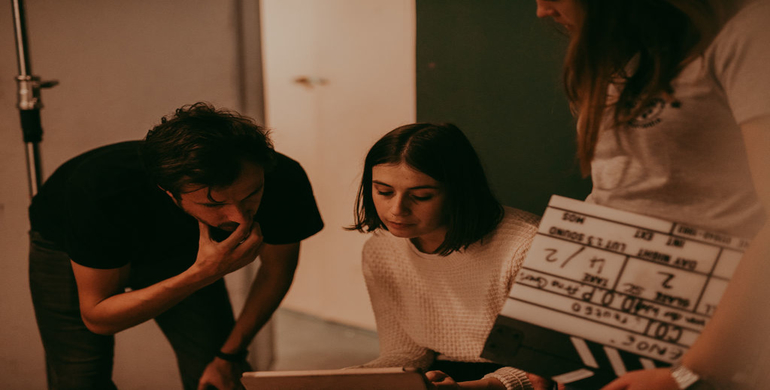

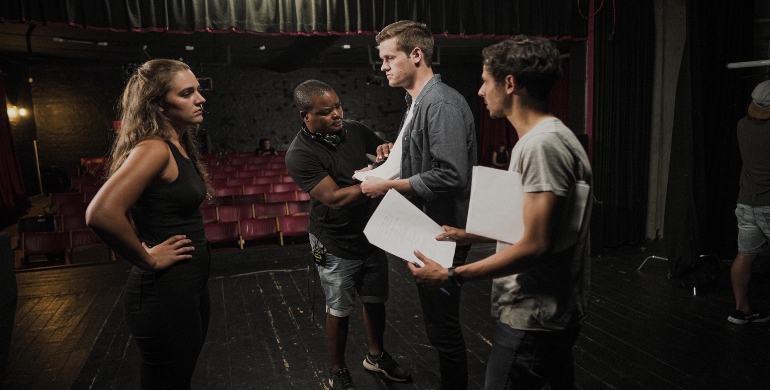

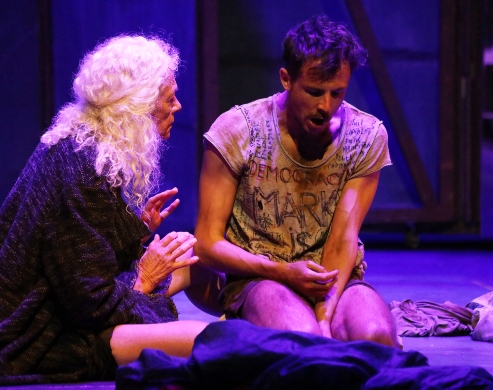

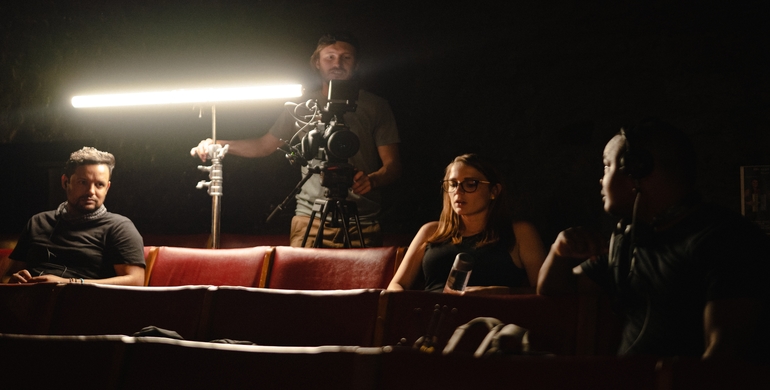
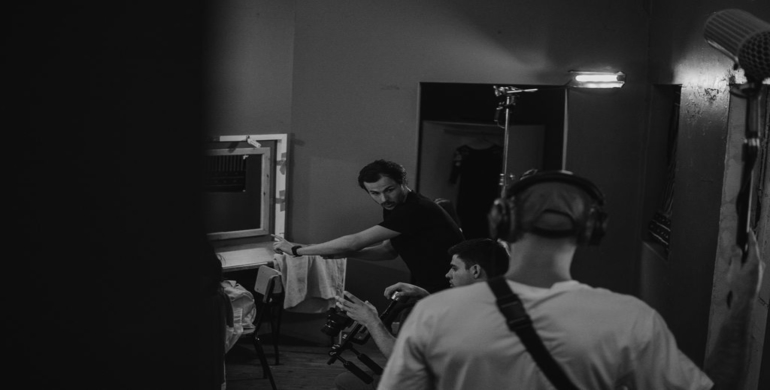
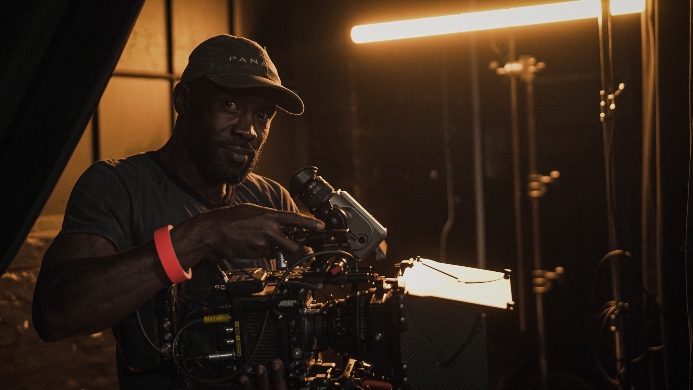
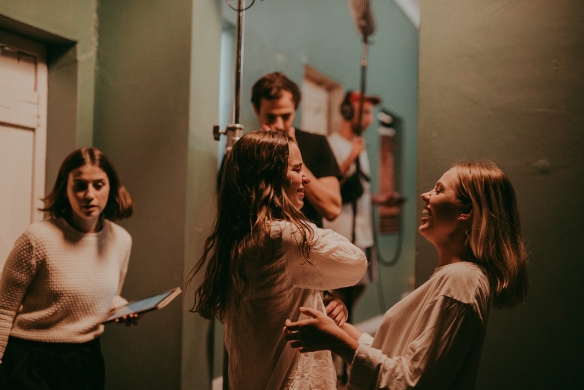
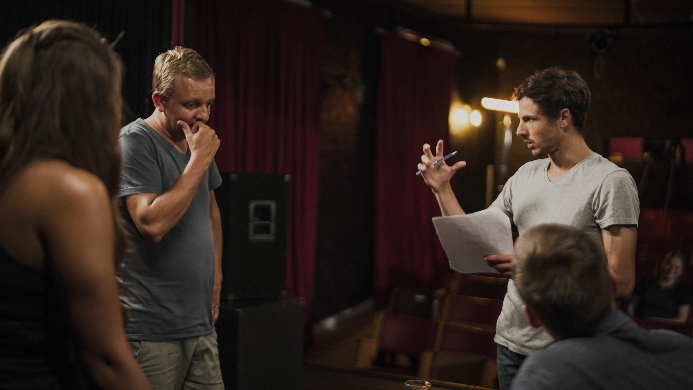
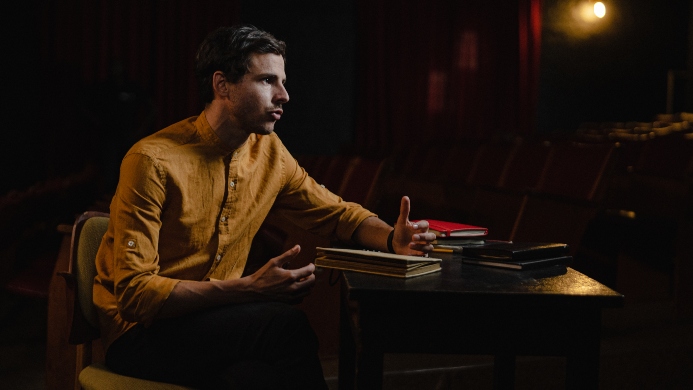
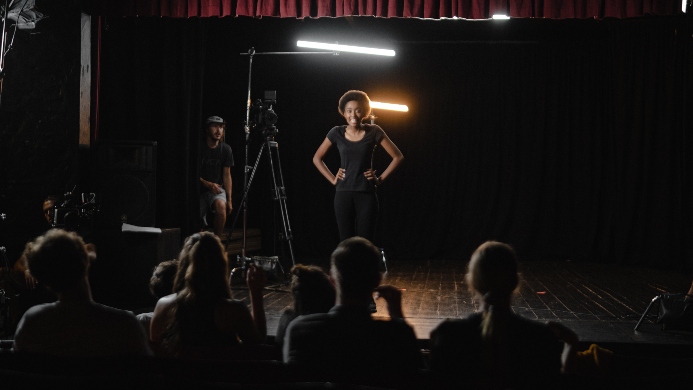
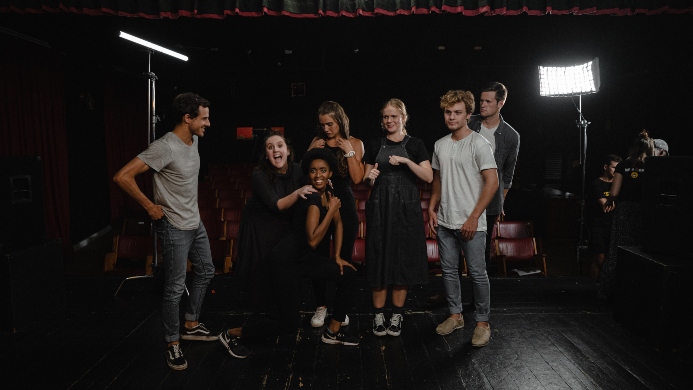
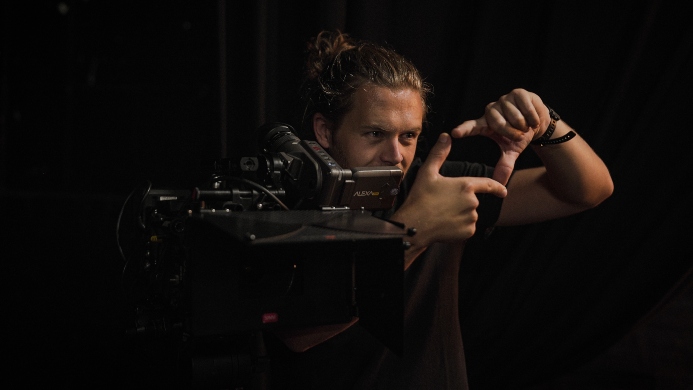
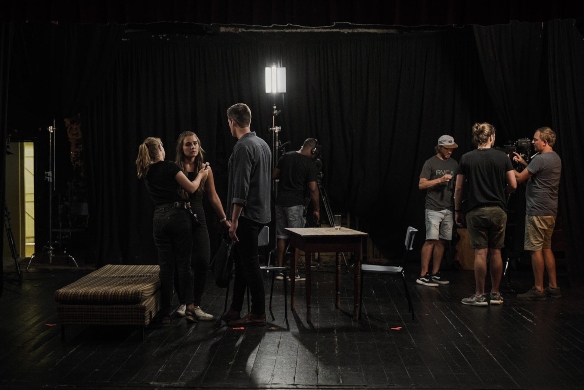

.jpg)
 (1).jpg)
 (1).jpg)
 (1).jpg)
 (1).jpg)
 (1).jpg)
 (1).jpg)
 (1).jpg)
 (1).jpg)
 (1).jpg)
 (1).jpg)
 (1).jpg)
 (1).jpg)
 (1).jpg)
 (1).jpg)
 (1).jpg)
 (1).jpg)
 (1).jpg)
 (1).jpg)
 (1).jpg)
 (1).jpg)
 (2).jpg)
 (1).jpg)
.jpg)
 (2).jpg)
 (1).jpg)
 (1).jpg)
 (1).jpg)
.jpg)
 (1).jpg)
 (1).jpg)